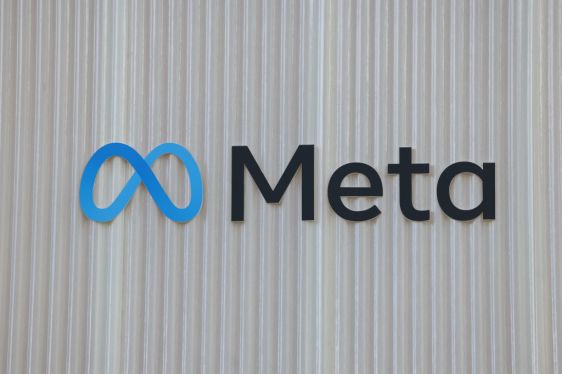Meta is introducing new features for its crowdsourced fact-checking program, Community Notes, which first launched in the U.S. earlier this year. Users will now receive a notification when they have interacted with a post on Facebook, Instagram, or Threads that later receives a Community Note. Additionally, anyone can request a note for a post or rate an existing note based on how helpful it is.
The company is treating these features as tests for the time being. Meta CISO Guy Rosen shared that since the program’s launch, over 70,000 contributors have written more than 15,000 notes. However, only 6% of those notes were published. For a market as large as the United States, with its hundreds of millions of users across Meta’s platforms, this represents a very small volume of fact-checking activity.
Meta’s Community Notes system is modeled after the one first unveiled by Twitter, now called X, in 2021. X’s program has been criticized by researchers for failing to identify and flag misinformation in a timely and widespread manner. This has led to questions about whether Meta’s alternative will perform any better.
Like the system on X, a Community Note is added to a post only when users who typically hold opposing viewpoints can reach a consensus. This is meant to happen even when that consensus crosses ideological, political, or other lines.
While this approach can help identify misinformation and posts that lack important context, critics note that achieving the necessary consensus can be difficult. The nonprofit Center for Democracy and Technology, which advocates for digital rights, has pointed out that misinformation can spread very quickly, often going viral long before a correction is ever applied. The organization cited one study which found that over 70% of accurate notes related to U.S. election misinformation were never shown to users.
The CDT also raised questions about how well this system would function on highly visual platforms like Instagram and Reels. It also questioned how effectively the notes could penetrate private spaces on Facebook, such as closed Groups. The organization suggested that Meta should implement measurements to show how many people actually see the corrected information. It also pushed for making Notes data publicly available to increase transparency and urged Meta to reconsider its decision to end other forms of fact-checking on its platforms.

